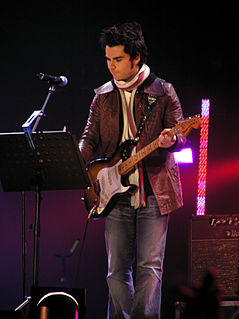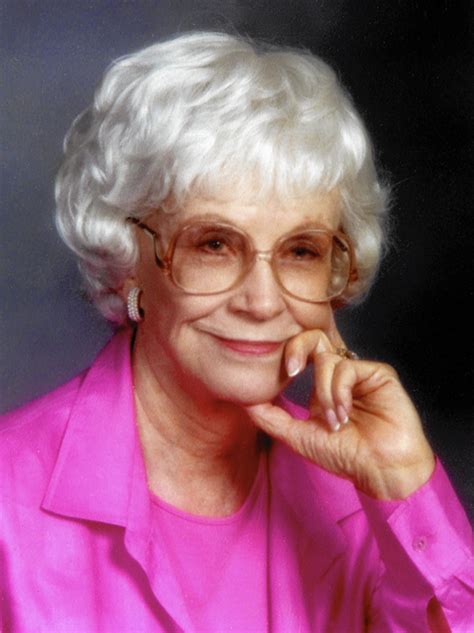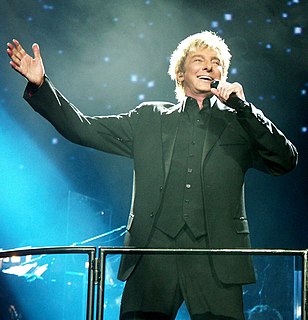A Quote by Marc Guggenheim
I always think the audience sometimes wants what you're not giving them.
Related Quotes
Once Steve Fuller said that there is this idea that your responsibility as an intellectual is just to speak the truth as you see it. But actually, you should be more appreciative of what needs to be said. I don't think that's ever an excuse to say something you don't believe is true - but sometimes the emphasis has to be different. Well, if I'm talking to an audience of hardline atheists, I'll be trying to unsettle them a bit more, whereas, if I'm speaking to an audience of believers, I'll be giving them more of the pros of atheism. It's about having a sensitivity to context.
I always want the audience to identify with my character in some way. I mean, sometimes you'll get characters that aren't very identifiable. Sometimes you can't relate to your character at all. I think it's important to keep the audience interested. But the best advice that I've gotten is to live in the moment.
I've had shows where you think, "Is this going well? I can't tell," and then you say goodnight and you get this ovation. They're sorta like a theater audience. I've learned that much; that they're not always going to be doing backflips - but I'll never figure it out. Because sometimes you walk up there, and they're so excited, and then other times, it's just... But sometimes an audience is bad, and you can tell them they're bad, and that sort of breaks the ice a bit.
Growing up, all I saw was my parents trying to be the best people they could be, and people coming to them for wisdom, coming to them for guidance, and them not putting themselves on a pedestal, but literally being face-to-face with these people and saying, "I'm no better than you, but the fact that you're coming to me to reach some sort of enlightenment or to shine a light on something, that makes me feel love and gratitude for you." They always give back what people give to them. And sometimes they keep giving and giving and giving.
Sometimes it's not catastrophic. Sometimes you only come to the bottom of your coffee cup. Sometimes you have a good day. No one wants to know. No one wants to tell you about theirs either. You might somehow take it. Turn it against them. See the flaw. You always tell them the whole thing sucks. It keeps you alive. They figure if you're out there having a rotten time, everything's fine and you're doing your part. No one will ever try to take your bad times away from you but they'll come swarming for your happiness.
It's such a wonderful feeling to watch a child discover that reading is a marvelous adventure rather than a chore. I know that many writers for children say they do not write specifically with a child audience in mind ... This isn't true for me. I am very aware of my audience. Sometimes I can almost see them out there reacting as I write. Sometimes I think, 'Oh, you're going to like this part.
I think if Unchained Melody does what I think it can do, I think there is an audience out there that would heave a sigh of relief, that finally there is a melody and orchestration, production and a vocalist that is giving them a song that they can just listen to... and not be annoyed by the vocal acrobatics that vocalists seem to think is impressive.







































